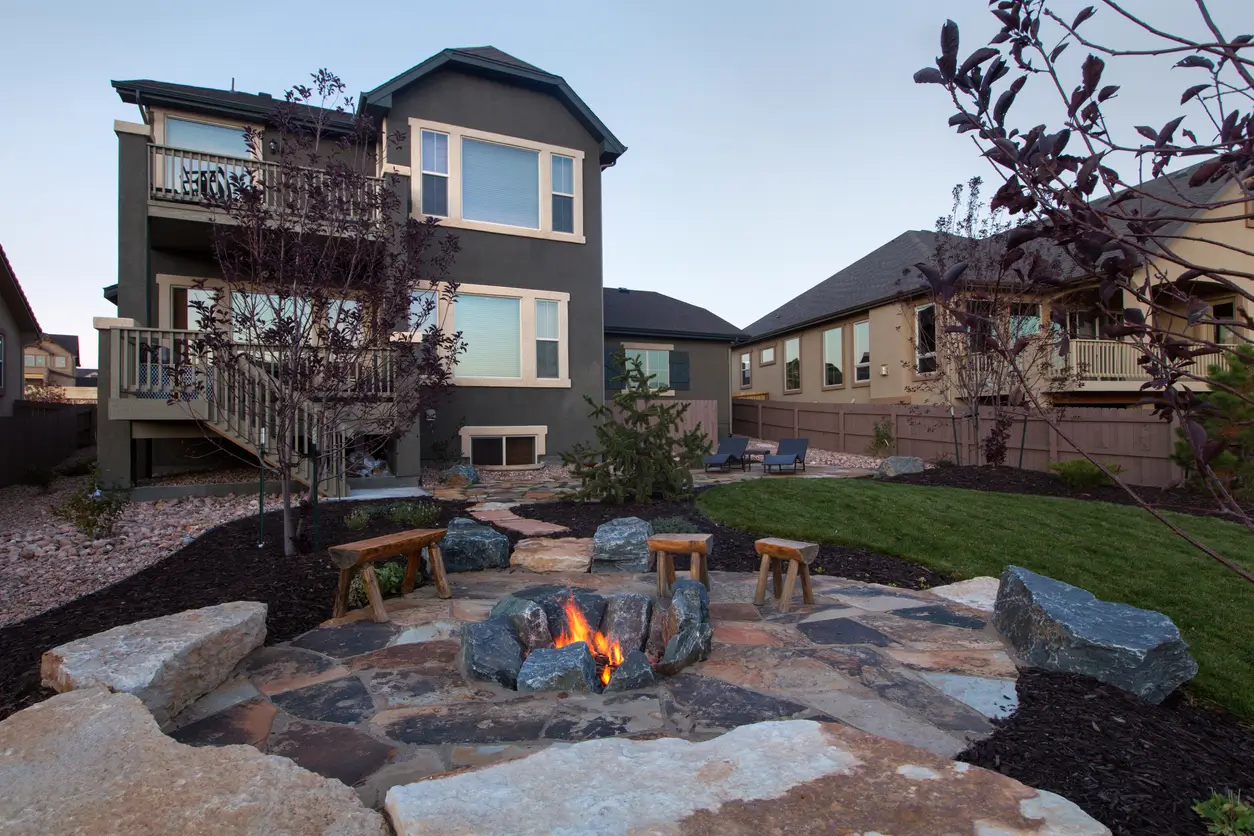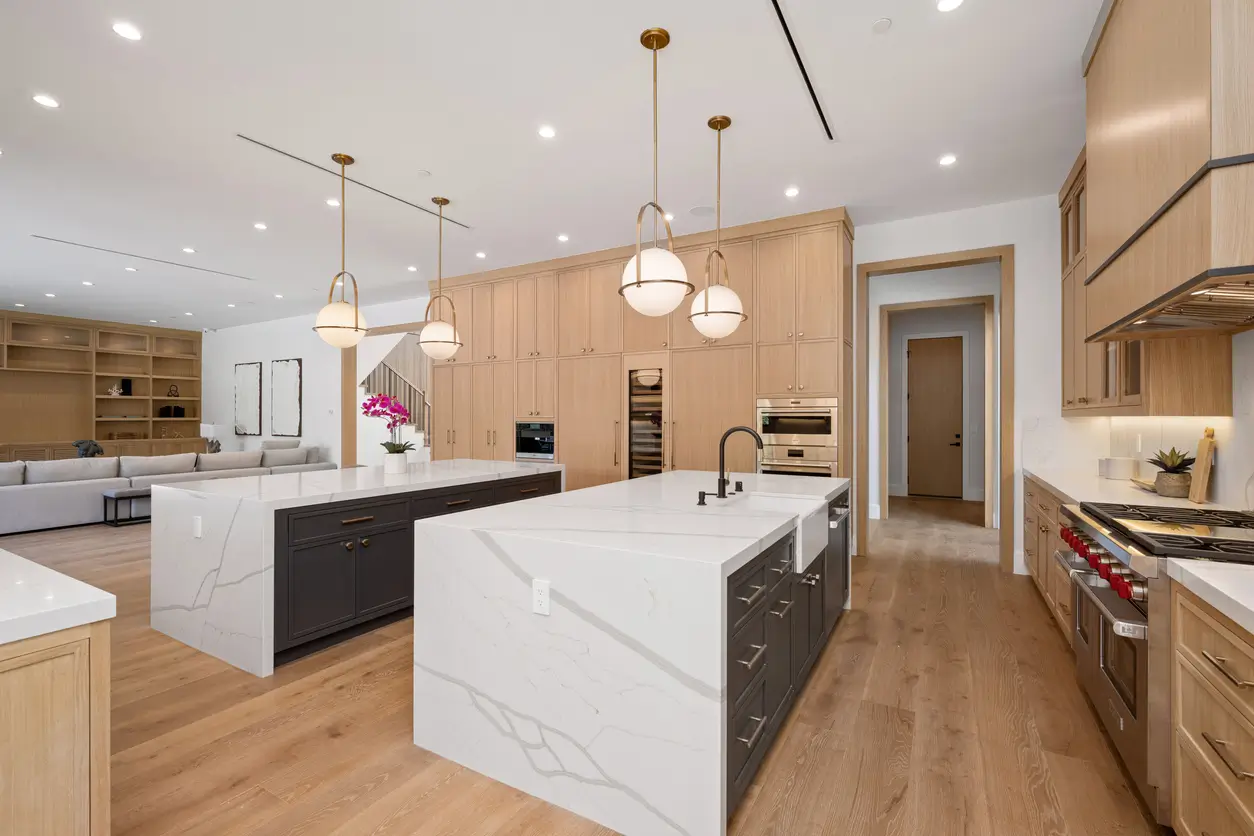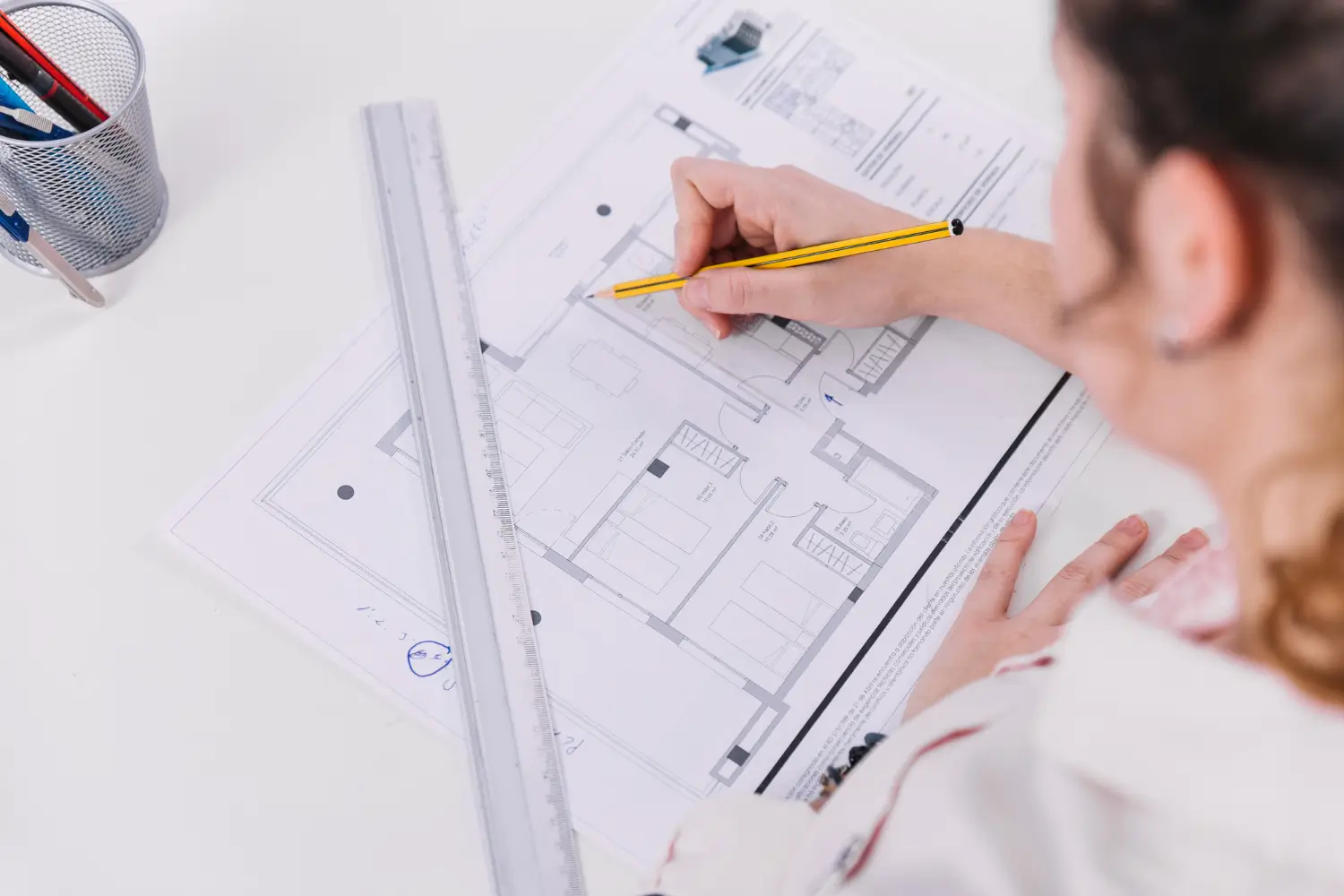A bathroom remodelBathroom Remodel Denver can significantly enhance your home’s functionality, aesthetic appeal, and value. Break down the process into manageable steps to ensure a successful transformation. This comprehensive guide covers everything from planning and demolition to finishing touches and final inspection.
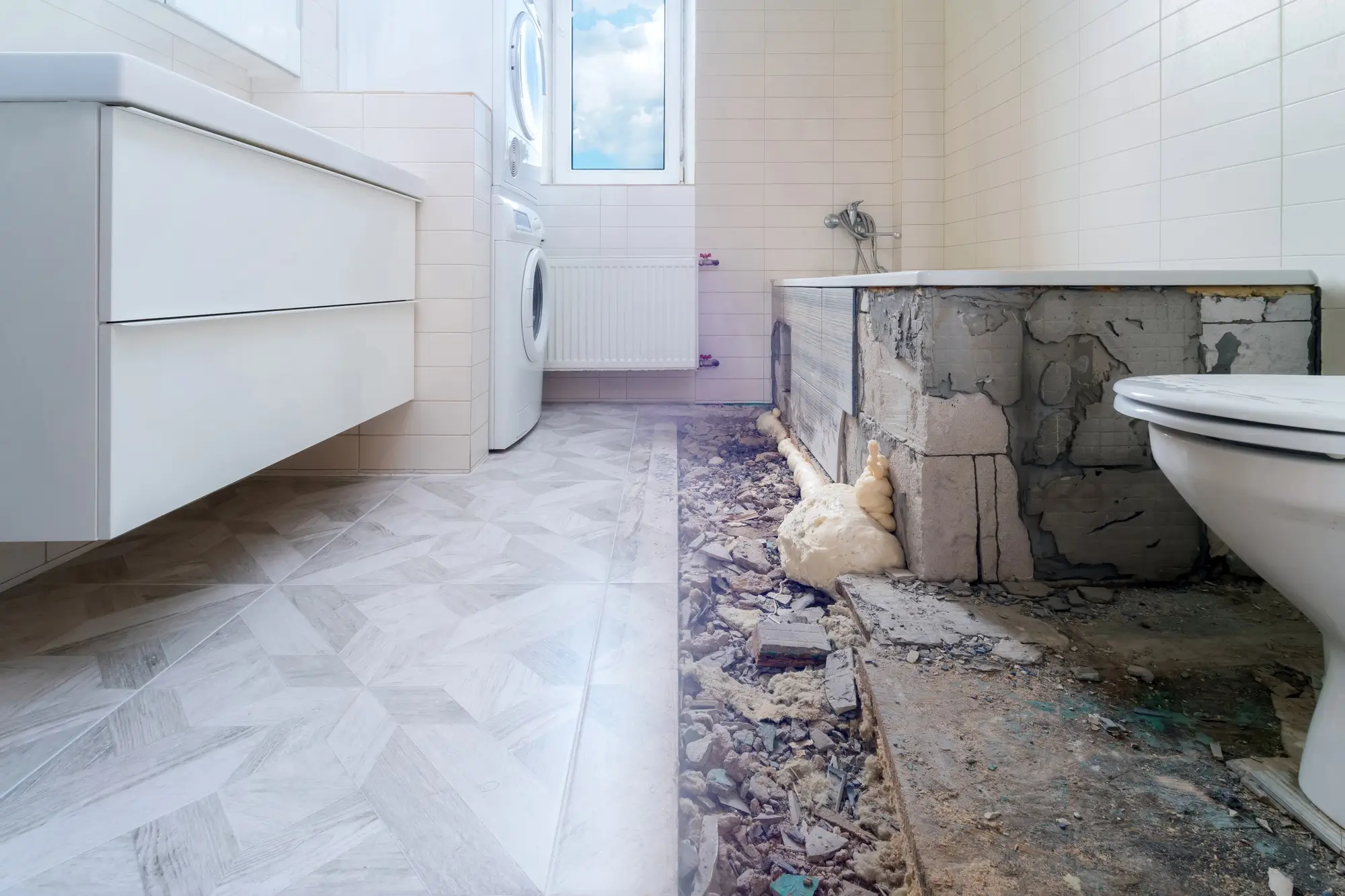
Step-by-Step Breakdown of the Bathroom Remodel Process
Planning and Design
Assessing Needs and Budget
Begin by evaluating your needs and setting a realistic budget. Consider what changes are necessary and how much you are willing to spend. A well-defined budget helps prioritize features and manage expenses effectively.
- Assess Needs: Determine the primary goals for your remodel (e.g., updating old fixtures, improving layout, adding storage).
- Set Budget: Research costs for materials, labor, and unexpected expenses.
Inspiration and Design
Gather inspiration from design magazines, websites, and social media platforms like Pinterest. Consult a bathroom designer for a detailed plan that includes layout, materials, and fixtures.
- Style Definition: Decide on a design style (modern, traditional, rustic, etc.).
- Must-Have Features: Identify essential elements such as double vanities, walk-in showers, and efficient storage solutions.
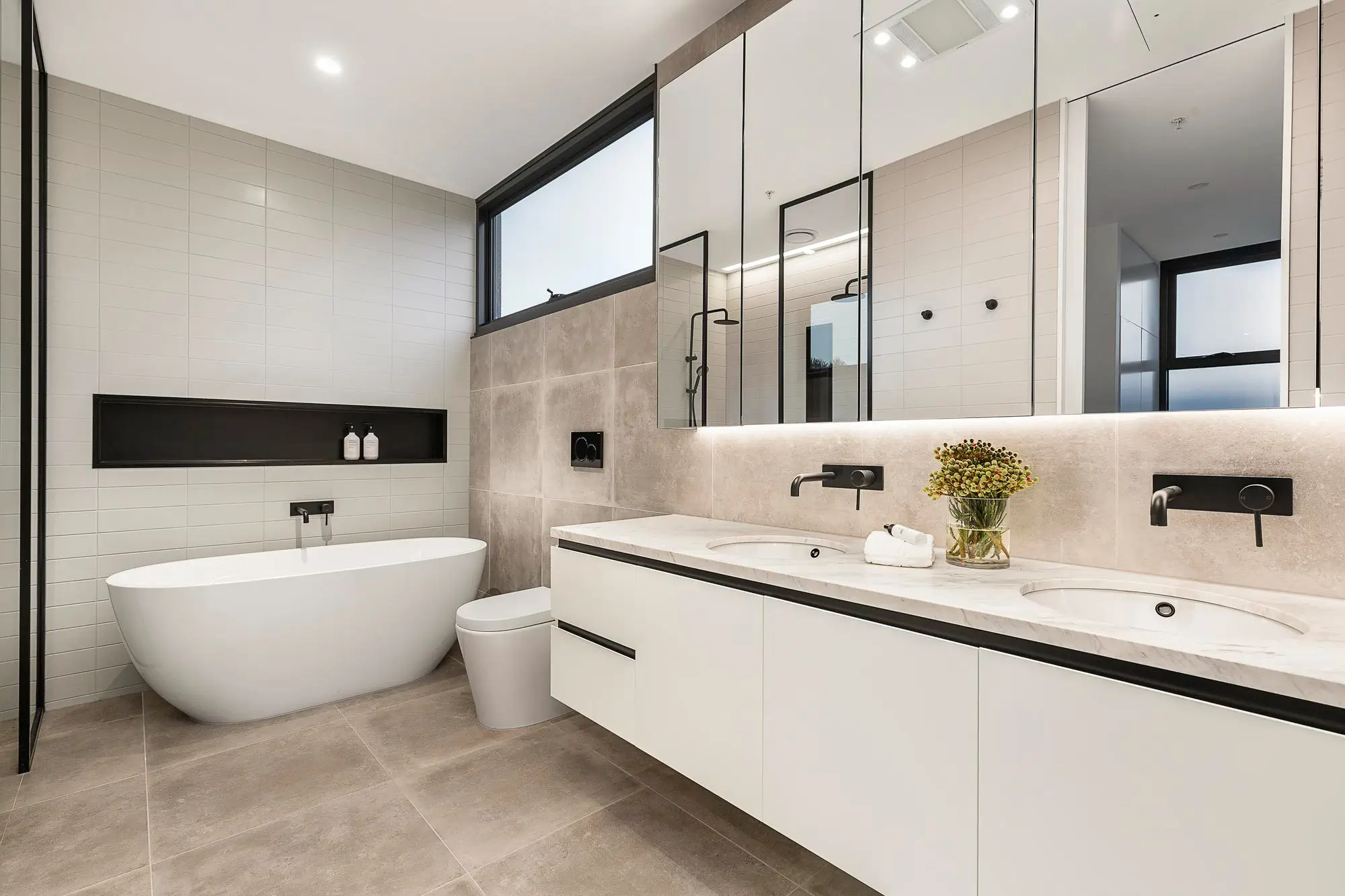
Demolition
Preparing for Demolition
Before any demolition begins, ensure the area is safe. Turn off the water supply and electricity to avoid accidents. Protect nearby areas from dust and debris using plastic sheeting and tarps.
- Safety First: Shut off water and power.
- Protection: Use tarps and plastic sheeting to protect adjacent areas.
Demolition Process
Remove old fixtures, tiles, flooring, and any other elements that will be replaced. Have a proper disposal plan in place to manage debris effectively.
- Remove Fixtures: Take out sinks, toilets, bathtubs, and other fixtures.
- Tear Out Old Surfaces: Remove old tiles, flooring, and drywall if necessary.

Plumbing and Electrical Work
Upgrading Plumbing
If you’re moving fixtures or updating plumbing, now is the time to make these changes. Ensure that pipes and fixtures are positioned correctly for the new layout.
- New Plumbing Lines: Install new lines for sinks, showers, and toilets.
- Inspection: Check for leaks and ensure all connections are secure.
Electrical Updates
Update or add electrical outlets, lighting, and ventilation systems. Ensure all electrical work complies with local building codes and safety standards.
- Lighting and Outlets: Install new lighting fixtures and electrical outlets.
- Ventilation: Ensure proper ventilation to prevent moisture buildup.
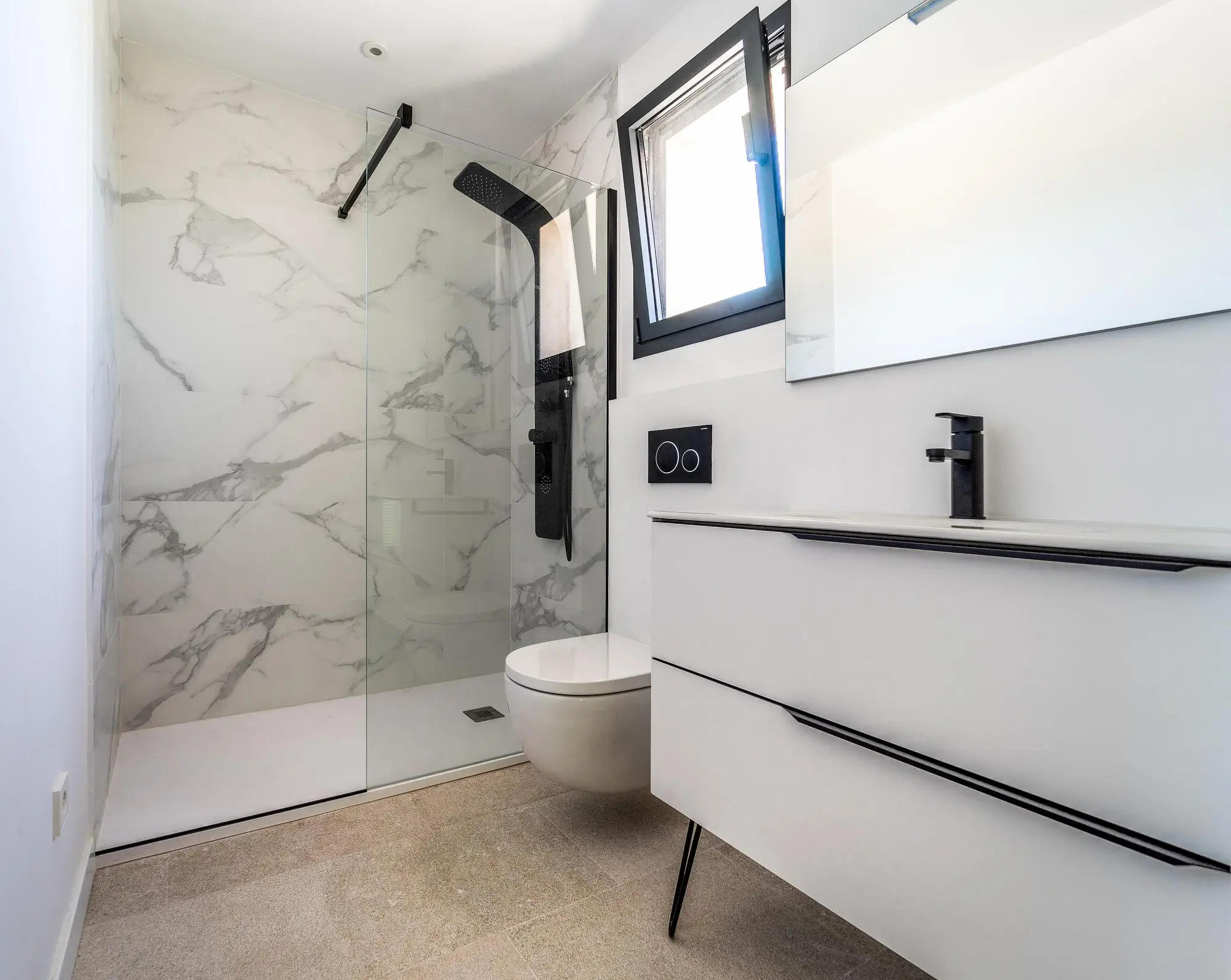
Structural Changes
Framing and Drywall
If your remodel involves changing the layout, such as adding a new wall or expanding the bathroom, complete any necessary framing work. Install new drywall where needed.
- Framing: Construct new walls or modify existing ones.
- Drywall: Install moisture-resistant drywall in areas prone to water exposure.
Tiling and Flooring
Tiling
Begin tiling the walls, shower, and backsplash. Use waterproof materials to prevent water damage. Properly seal all grout lines to maintain a watertight finish.
- Wall Tiles: Install tiles on walls and in shower areas.
- Grout and Seal: Apply grout and seal to prevent water penetration.
Flooring
Choose durable, moisture-resistant flooring such as ceramic tile, vinyl, or natural stone. Ensure the subfloor is level and secure before installation.
- Flooring Material: Select moisture-resistant options like ceramic tile or vinyl.
- Installation: Lay the flooring, ensuring a level and secure foundation.
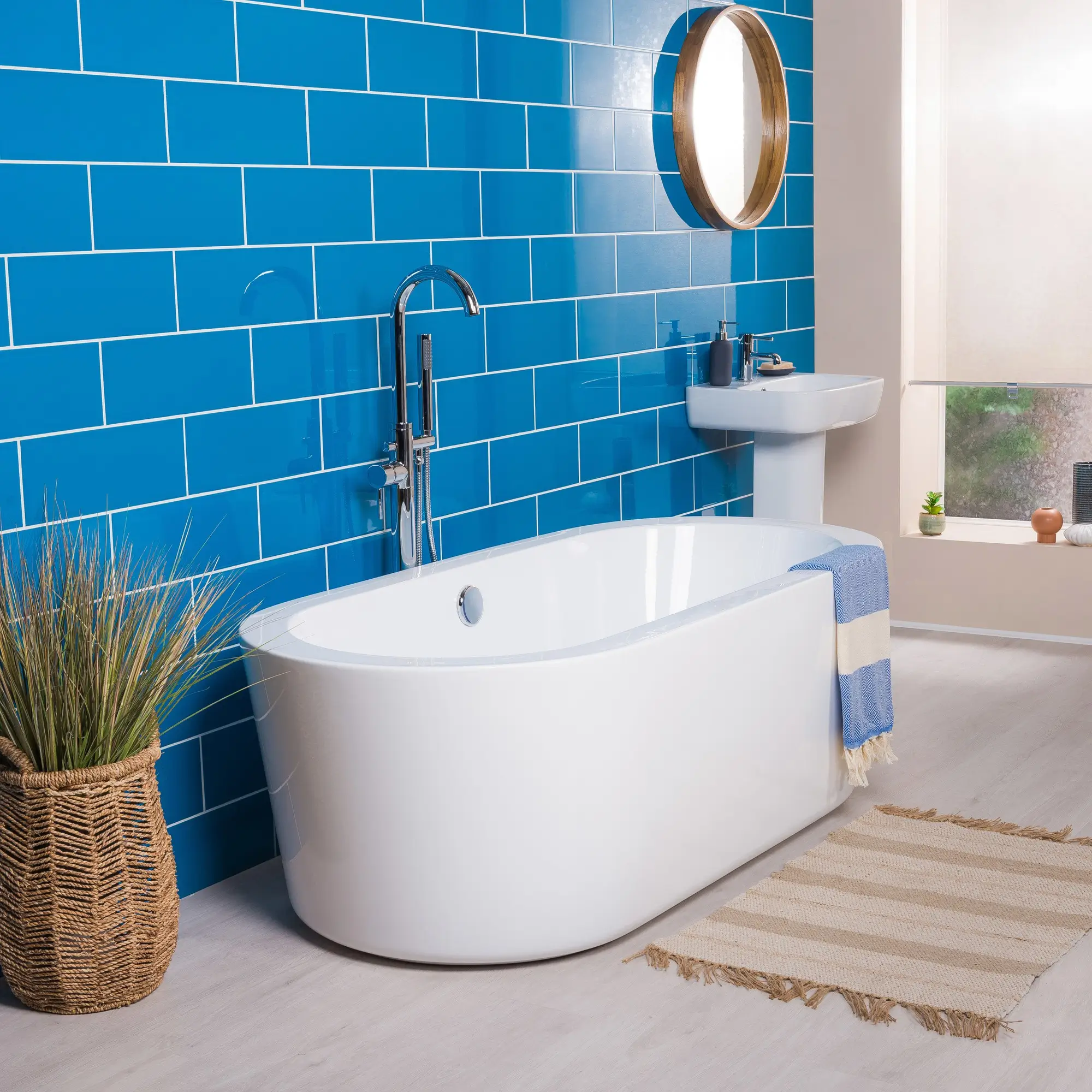
Installing Fixtures and Cabinets
Fixtures
Install new fixtures, including the toilet, sink, faucets, and showerhead. Ensure all connections are secure and leak-free.
- Plumbing Fixtures: Install toilets, sinks, and faucets.
- Check for Leaks: Ensure all plumbing connections are tight and leak-free.
Cabinets and Storage
Install cabinets, vanities, and any built-in storage solutions. Secure them to the wall studs for stability.
- Cabinet Installation: Mount cabinets and vanities securely.
- Storage Solutions: Add shelves and organizers to maximize storage space.

Painting and Finishing Touches
Painting
Choose a high-quality, moisture-resistant paint for the walls and ceiling. Apply primer before painting to ensure a smooth finish.
- Primer and Paint: Apply a primer followed by a moisture-resistant paint.
- Color Choices: Opt for colors that complement your design style.
Finishing Touches
Add final touches such as mirrors, towel bars, lighting fixtures, and decorative elements. These details complete the look and functionality of the bathroom.
- Mirrors and Fixtures: Install mirrors and light fixtures.
- Decorative Elements: Add accessories like towel bars and soap dispensers.
Cleanup
Remove all construction debris and clean the entire area. Ensure the bathroom is ready for use and looks pristine.
- Debris Removal: Clear out all construction debris.
- Final Cleaning: Clean tiles, fixtures, and surfaces to remove dust and residue.
A successful bathroom remodel involves careful planning, skilled execution, and attention to detail. Following these steps, you can transform your bathroom into a functional and beautiful space.

